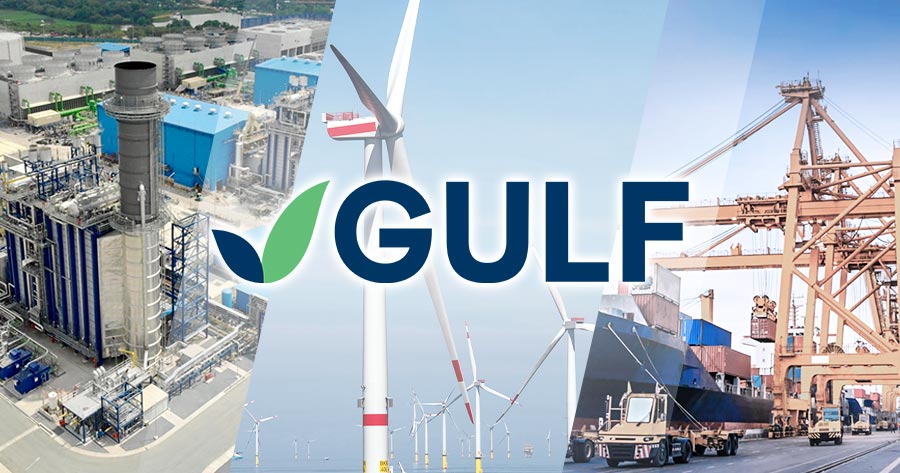Gulf Energy Development Public Company Limited (SET: GULF) has announced that on January 24, 2022, the company and Sinohydro (Hong Kong) Holding Ltd. (SHK), a subsidiary of Power Construction Corporation of China Ltd. (POWERCHINA), which is the People’s Republic of China’s state-owned enterprise, has entered into a Tariff Memorandum of Understanding (Tariff MOU) for Pak Lay hydroelectric power project (the Project) with the Electricity Generating Authority of Thailand (EGAT) under the Memorandum of Understanding between Thailand and Lao People’s Democratic Republic (Lao PDR) regarding the cooperation on the development of electrical energy in Lao PDR, and in accordance with the Thailand’s Power Development Plan for 2018-2037 revision 1 (PDP 2018 rev.1).
The company and SHK plan to establish a joint venture company to develop the Project, which is located in Pak Lay district, Xayaburi province, Lao PDR, with the installed capacity of 770 megawatts and the Scheduled Commercial Operation Date (SCOD) on January 1, 2032. EGAT will be the off-taker for the Project, with the average tariff rate of 2.6989 Thai Baht / kilowatt-hour. The joint venture company will further negotiate the terms and conditions under the Power Purchase Agreement (the PPA) and sign such PPA with EGAT in the next step.
The Project is a run-of-the-river hydroelectric power plant that uses the natural flow rate of water in the Mekong River to generate electricity, with no large reservoir and no water diverting from the Mekong River, resulting in the equal amount of water inflow and water outflow. The Project will therefore have no impact on the water volume in the Mekong River.
The company’s investment in the hydroelectric power project supports the government’s policy to promote clean energy, as Thailand has committed to the targets to achieve carbon neutrality by 2050 and net-zero greenhouse gas emissions by 2065 at the COP26 conference. The company recognizes the importance of climate change and decarbonization, and has developed business strategies that emphasize investments in renewable energy businesses in accordance with government policies and global efforts that aim to reduce greenhouse gas emissions to counter the negative effects from climate change.
Moreover, the company’s investments in renewable energy business are consistent with its investments in digital infrastructure business, which increasingly focus on using electricity from clean energy sources, especially in the data center business, where major customers such as hyperscalers have a growing demand for electricity produced from clean energy to meet their target to reduce greenhouse gas emission which conforms with the global energy trend.





